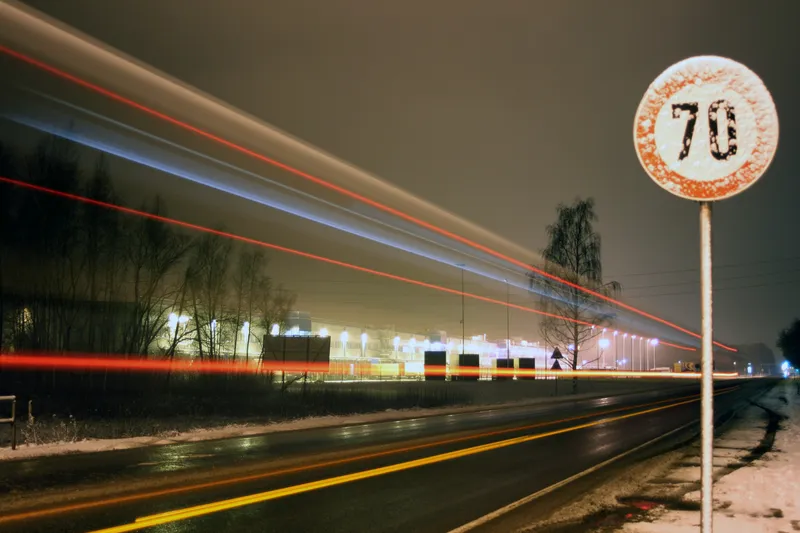The National Highway Traffic-Safety Administration (NHTSA) is looking for comments on how best to test and deploy self-driving vehicles in the Department of Transportation's October 2017 Significant Rulemaking Report.
In the report, NHSTA seeks comments to identify any unnecessary regulatory barriers to Automated Safety Technologies, and for the testing and compliance certification of motor vehicles with unconventional automated vehicles designs. In addition, particularly those that are not equipped with controls for a human driver; e.g., steering wheel, brake or accelerator pedal. Further, NHTSA seeks comments on the research that would be required to remove such barriers. This action will inform subsequent steps in the regulatory process to amend Federal motor vehicle safety standards and other motor vehicle regulations in order to safely lay a path for innovative automated vehicle designs and technology.
NHTSA will consider submitted comments in future amendments to federal motor vehicle safety standards and other rules related to self-driving technologies.
NHTSA seeking comments on self-driving vehicle regulations
The National Highway Traffic-Safety Administration (NHTSA) is looking for comments on how best to test and deploy self-driving vehicles in the Department of Transportation's October 2017 Significant Rulemaking Report. In the report, NHSTA seeks comments to identify any unnecessary regulatory barriers to Automated Safety Technologies, and for the testing and compliance certification of motor vehicles with unconventional automated vehicles designs. In addition, particularly those that are not equipped with
November 6, 2017
Read time: 1 min










